Twinning agreement for Scots and Japanese lighthouses
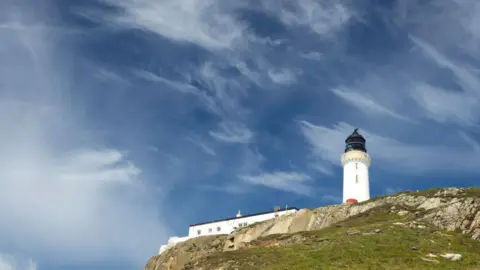 Getty Images
Getty ImagesA twinning agreement between two lighthouses in Scotland and Japan has been reached.
The partnership, thought to be the first of its kind, hopes to highlight the shared heritage and promote tourism at the Mull of Galloway and Inubosaki facilities which are almost 6,000 miles (9,000km) apart.
The Mull of Galloway Lighthouse was established in 1830 and engineered by Robert Stevenson.
His sons - David and Thomas - helped prepare fellow Scot Richard Henry Brunton who designed and built the Japanese lighthouse in 1874.
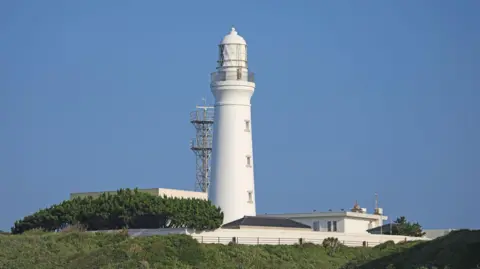 Getty Images
Getty Images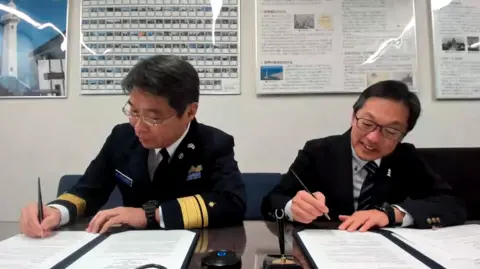 NLB
NLBThe twinning partnership was signed in an online ceremony at the Mull of Galloway Lighthouse and the Japanese coastguard headquarters.
Mike Bullock, chief executive of the Northern Lighthouse Board (NLB), said they hoped more places might follow suit.
"This historic agreement marks a significant milestone in lighthouse collaboration," he said.
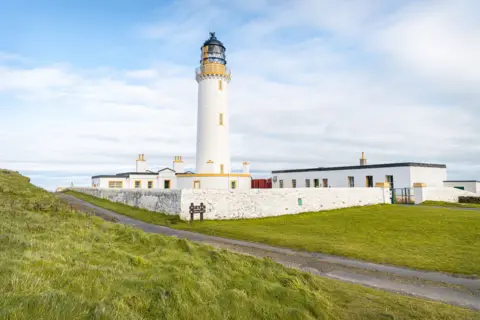 Getty Images
Getty ImagesHe said it was the first ever such partnership in the world and they were honoured - along with the Mull of Galloway Trust (MGT) - to be working with their Japanese counterparts on a "unique initiative".
"The aim of bringing together the two lighthouses in this special partnership is to highlight the shared heritage between Scotland and Japan and to promote tourism in each other's country," he added.
"These two lighthouses were matched due to the impact they have on the local community and their importance to tourism and maritime history."
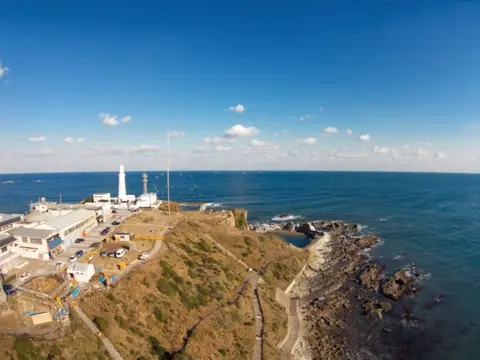 Getty Images
Getty ImagesThe Inubosaki Lighthouse served as the most important coastal lighthouse to support the safety of maritime traffic in the Pacific Ocean approaches, to and from Tokyo Bay.
The Inubosaki Brunton Association was established by the local community to support the research of the lighthouse and to raise public awareness.
On the Mull of Galloway, the former lightkeepers' cottages, engine room, foghorn and 30 acres of heathland were bought by the local community in 2013 and the MGT was formed.
The NLB still owns and operates the lighthouse tower.
It is hoped that other nations with a "shared lighthouse heritage" might follow suit and set up similar twinning arrangements to the Scottish and Japanese sites.
